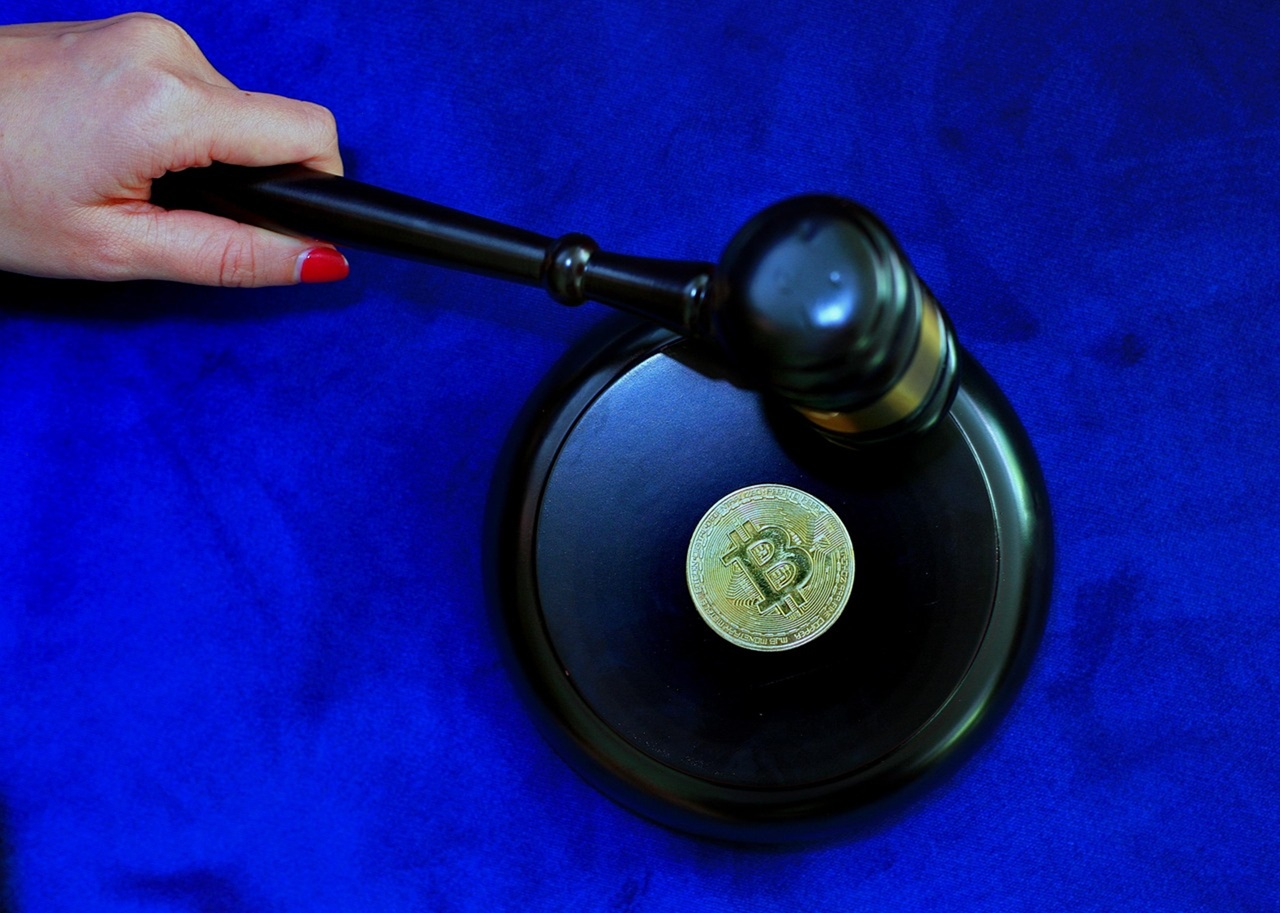Roman Storm’s Unlicensed Money Transmitting Conviction Highlights a Critical Juncture For Cryptocurrency

Roman Storm, a Tornado Cash developer, was convicted on August 6, 2025, of conspiracy to operate an unlicensed money transmitting business, which carries a maximum sentence of five years. The jury could not reach a verdict on the other two charges: conspiracy to commit money laundering and conspiracy to violate U.S. sanctions.
Prosecutors claimed Tornado Cash enabled over $1 billion in illicit transactions, including by North Korea’s Lazarus Group. Storm’s defense argued he had no control over the decentralized protocol’s use by others. He is out on bail, awaiting sentencing, and plans to appeal.
Storm’s conviction sets a potential precedent for holding developers liable for the misuse of decentralized protocols, even when they lack direct control over how the technology is used. Tornado Cash, a decentralized mixer, was designed to enhance transaction privacy on Ethereum, but prosecutors argued it facilitated over $1 billion in illicit transactions, including by groups like North Korea’s Lazarus Group.
This ruling could chill innovation in decentralized finance (DeFi) as developers may fear legal repercussions for building open-source tools. The case underscores tensions between privacy rights and regulatory oversight. Tornado Cash was created to protect user anonymity, a core principle for many in the crypto community.
Register for Tekedia Mini-MBA edition 18 (Sep 15 – Dec 6, 2025) today for early bird discounts. Do annual for access to Blucera.com.
Tekedia AI in Business Masterclass opens registrations.
Join Tekedia Capital Syndicate and co-invest in great global startups.
Register for Tekedia AI Lab: From Technical Design to Deployment.
However, the conviction suggests that tools enabling anonymity may face intense scrutiny if used for illicit purposes, potentially limiting the development of privacy-preserving technologies. The U.S. Treasury’s 2022 sanctions on Tornado Cash already marked a novel move against a decentralized protocol.
Storm faces up to five years in prison for the single charge, with sentencing pending. His planned appeal could test the boundaries of developer liability in higher courts, potentially shaping future legal interpretations of decentralized systems. The hung jury on the money laundering and sanctions charges suggests some juror skepticism about the broader accusations.
Developers of open-source software, especially in blockchain, may hesitate to release tools that could be misused, fearing prosecution. This could stifle innovation in DeFi and other decentralized technologies, as developers weigh legal risks against their work’s potential benefits.
Many in the crypto space view Storm’s conviction as an overreach, arguing that holding developers accountable for third-party actions undermines the ethos of decentralization. They emphasize that Tornado Cash is a neutral tool, akin to a hammer, which can be used for both legitimate and illicit purposes. Supporters, including figures like Edward Snowden, have called the case a threat to free speech and innovation, with some labeling it a “witch hunt.”
The U.S. government, including the DOJ and Treasury, argues that tools like Tornado Cash enable serious crimes, such as money laundering and sanctions evasion. They assert that developers have a responsibility to prevent misuse, even in decentralized systems, and that unregistered money transmission violates U.S. law.
Many crypto users and developers see privacy as a fundamental right, especially in financial transactions. They argue that tools like Tornado Cash protect individuals from surveillance and censorship, particularly in authoritarian regimes. The conviction is seen as prioritizing state control over individual freedom.
Law enforcement and regulators prioritize preventing financial crimes, arguing that unchecked privacy tools enable terrorism, cybercrime, and sanctions evasion. The guilty verdict reflects their view that privacy cannot come at the expense of national security and legal accountability.
Prosecutors and critics contend that someone must be held accountable for enabling criminal activity, even in decentralized systems. They view developers as gatekeepers who should implement safeguards or face consequences. The case has polarized public opinion. Some see it as a necessary crackdown on crypto-enabled crime, while others view it as government overreach into a nascent industry.
The crypto industry has rallied around Storm, with organizations like Coin Center filing amicus briefs in related cases, arguing that sanctioning code violates free speech. The outcome of Storm’s appeal could clarify legal protections for developers. Other countries may follow the U.S.’s lead, tightening regulations on privacy tools. Conversely, some jurisdictions might see this as an opportunity to attract crypto innovation.

